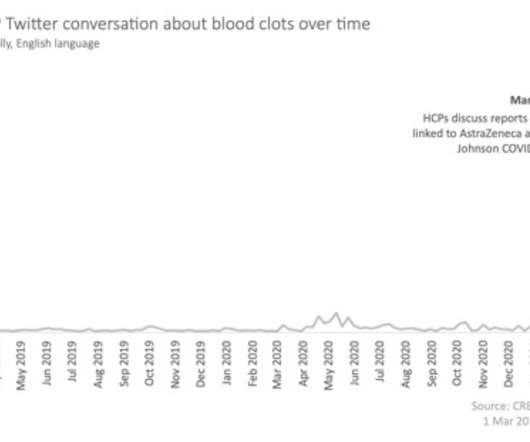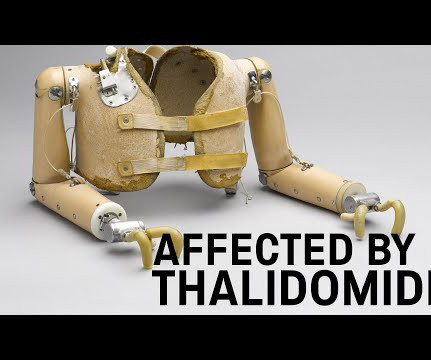Turning the TIDE: oligonucleotide development trends
European Pharmaceutical Review
APRIL 14, 2023
During the panel discussion, to gain a sense of the current drug development landscape, Dr Dave Madge, Vice President of WuXi AppTech’s Research Service Division, gathered votes on preferred drug delivery methods and technologies from the audience. Small interfering RNA (siRNA) were one of the most preferred drug delivery methods.













Let's personalize your content